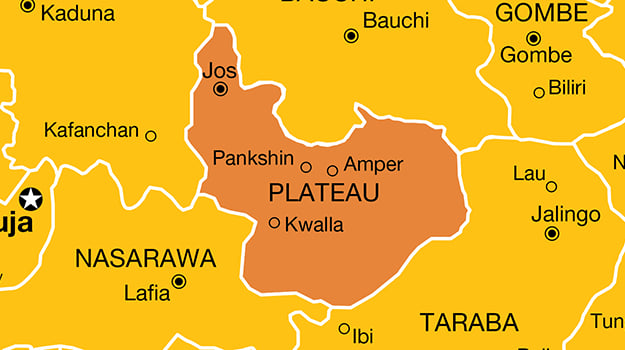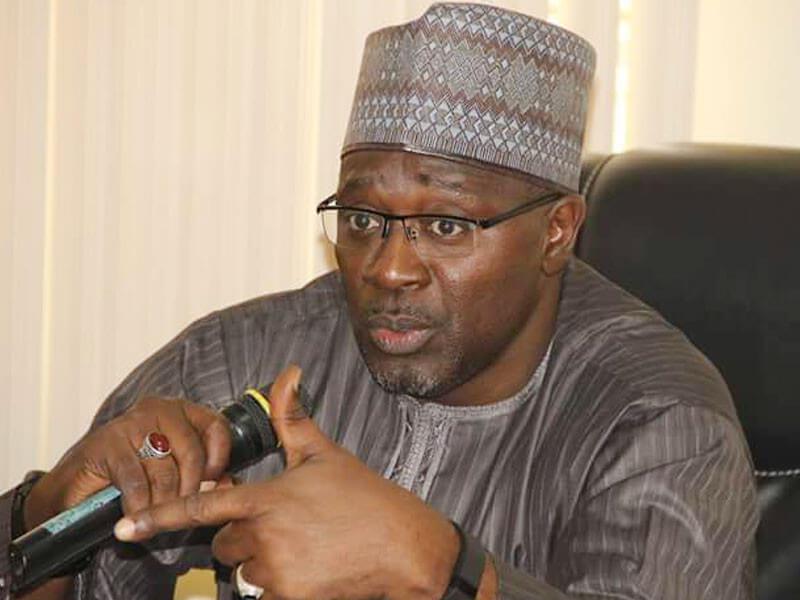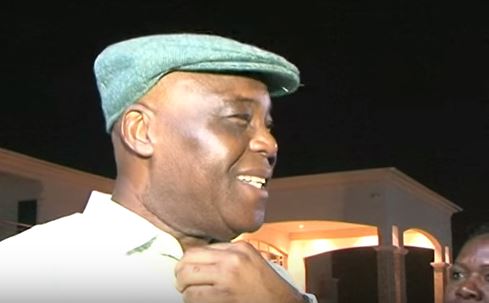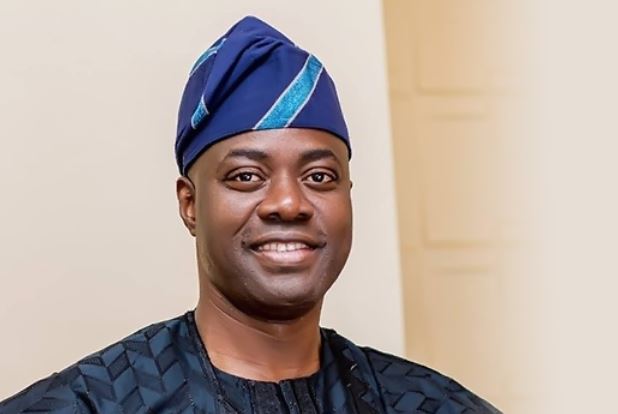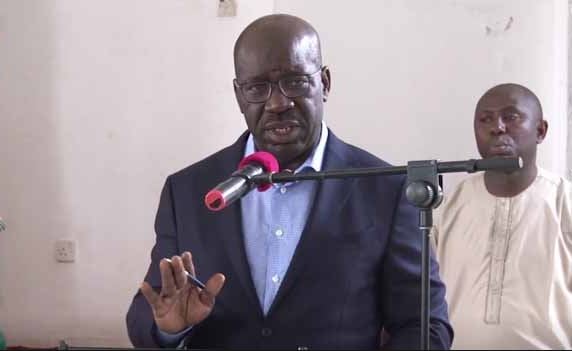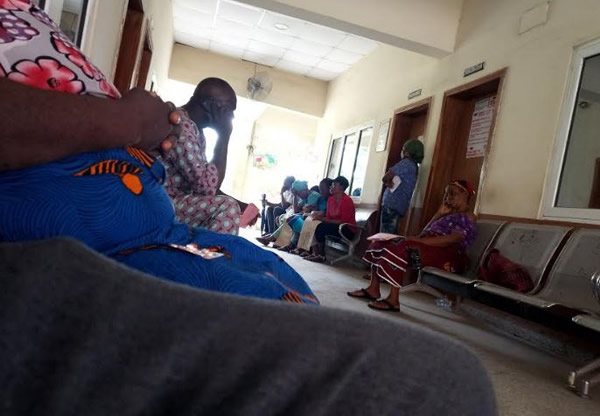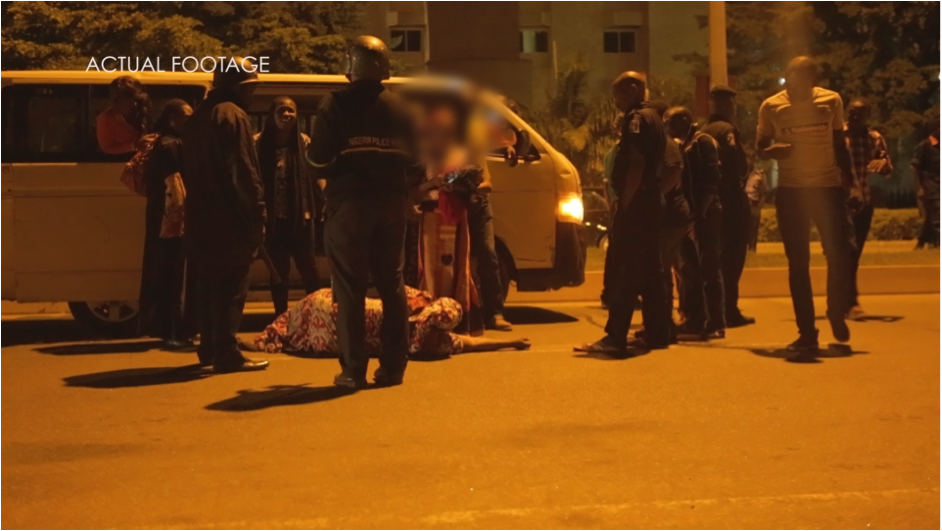The term “Middle Belt” came into the political lexicon in the first republic when Joseph Sarwuan Tarka of the Benue province and Patrick Dokotri of the Plateau province sought to lead the agitations for the creation of a state comprising both provinces out of the northern region. The United Middle Belt Congress, (UMBC) which was thus formed was allied to the Action Group (AG) of Chief Obafemi Awolowo who was actively supporting the cause of the people of the minority areas of the North to have their own states as a way of breaking the near monolithic power and influence of the Hausa Fulani dominated Northern People’s Congress (NPC).
With the advent of military rule and the creation of Benue-Plateau state in 1967, Tarka and the minority peoples of the two provinces had their wish and the usage of the “Middle Belt” as a term for political agitation subsided, being used more as a geographical expression to describe the location of peoples of the area.
During the second republic, the term came up again into the political space when agitations for the creation of a Middle Belt state out of the former Plateau State (comprising present Plateau and Nasarawa states) were made. Indeed at the time, the agitators for the creation of this particular state were split as to what name to be used in calling the state. While a faction favoured the name “Middle Belt state” another wanted the proposed to be known as “Nasarawa state”. When eventually the state was created under the Abacha regime, the name “Nasarawa” was adopted
It is instructive to note here that up until the second republic the term “Middle Belt” was defined and used within the geographical and political context defined by Tarka. Geographically it was recognised that the Benue and Plateau areas of the North were in the middle of the country and politically, because of the diversity in both the religious and ethnic make-up of the peoples of the area which made it unique and distinct from the larger three ethnic blocs of Hausa-Fulani, Yoruba and Igbo in the country.
Advertisement
But today the term has gone into a transformation (some would call it deviation) from the concept and context which Tarka defined it to assume another dimension which to a large extent is amorphous, confusing and ultimately unhelpful to its purveyors and the people they purport to represent.
Today without regard to geography, a person from Chibok in southern Borno state far in the northeast speaks for the Middle Belt. Another from Zuru in Kebbi northwest parades as a middle belt leader. What is more, where Tarka recognised the ethnic and religious diversity of the area and built an all-encompassing, inclusive political movement, the purveyors of today’s middle belt have sought to cast themselves as representing the interests of the adherents of only one out of the other religious faiths in the area.
How come and what justification can there be for this and to what end?
Advertisement
The trajectory for this new Middle Belt started from the military regime of President Ibrahim Babangida who sought to prop up military officers from minority areas of the country as a bulwark against probable attempts to overthrow his government. And the military officers in their new found power began to draw their civilian kith and kin into the circle of government business and activities. As the Babangida governments political programmes unfolded, the minority elements began to nurse and pursue the idea of political autonomy from the three major ethnic groups in the country. In the South, the minorities banded together under the Niger Delta platform and pushed for a Southsouth political region. In the north, the minorities covering a much wider area and finding themselves in all the three geopolitical zones of the north, latched onto the Middle Belt idea as a launching platform for their involvement in the unfolding political developments in the country.
There is really no harm for the minorities pursuing their own political agenda in the country. Truth be told, the minorities of this country both north and south with their diversity really constitute the unity and strength of this country. If the minorities in the north prefer the use of the term “Middle Belt” both to reflect the history of their agitations and also for want of a better term so be it.
However unlike the middle belt agitations of the Tarka days which resulted in tangible results in the much needed creation of states and other achievements, the new concept of the Middle Belt under which the minorities are pursuing their interest is counterproductive. This stems not from the incongruous use of the term to extend to areas that are outside of the geographical middle belt, but in the non-reflection of the ethnic and religious diversity of the area in the political agenda of the new middle belt.Indeed the promoters of the new middle belt concept have clearly indicated in their agenda that they do not represent the interest of the multitude of Islamic adherents who are by whatever geographical and cultural parameters bonafide middle belters. There is virtually no ethnic minority group in the whole north that does not have amongst it, Islamic adherents. One wonders then what type of middle belt they are pursuing.
It is clear that the main plank of the middle belt agenda is the opposition to Hausa-Fulani in the north and in Nigeria. And this opposition the middle belt agitators have extended even to their middle belt brethren who happen to be muslims. So for being that, minority northern muslims cannot be trusted enough to be included in the middle belt agenda.
Advertisement
By pursuing this selective agenda, there is no gainsaying that the promoters of the middle belt agenda are shooting themselves in the foot. They are not only denying their cause of a critically important segment of the middle belt, they are opening themselves to the valid accusation of not being representative enough of the people and area they purport to present. And that accounts for why when political meetings of groups from geopolitical zones in the country are held it is the middle belt representatives that are the odd ones out. Where every group proudly stands to announce the geopolitical zone they come from and represent, the middle belters among them will be at loss what to say because unlike the others, they are not representative enough. And this is anomaly is always seen in the communiqués of such meetings where every other representative signs for their formally recognised geopolitical zones, the middle belters sign for a non-recognised middle belt.
The promoters of the current middle belt concept need to go back to the drawing board. The minorities of the north are a very important factor both in the region and Nigeria. They have peculiar needs collectively as minorities regardless of religious and other inclinations. They deserve better representation which should represent their status and contributions to Nigeria’s development so far and going forward rather than the narrow, selective one they have now which opens them to ridicule and contempt from others in the Nigerian family. Accordingly it behoves on anybody or group which seeks to represent the minorities of the north to reflect the diversity of the people in their agenda. Failure to do that will result in northern minorities as a whole not being able to take their rightful place in the scheme of things in Nigeria.
08035355706 (SMS only)
Advertisement
Views expressed by contributors are strictly personal and not of TheCable.

